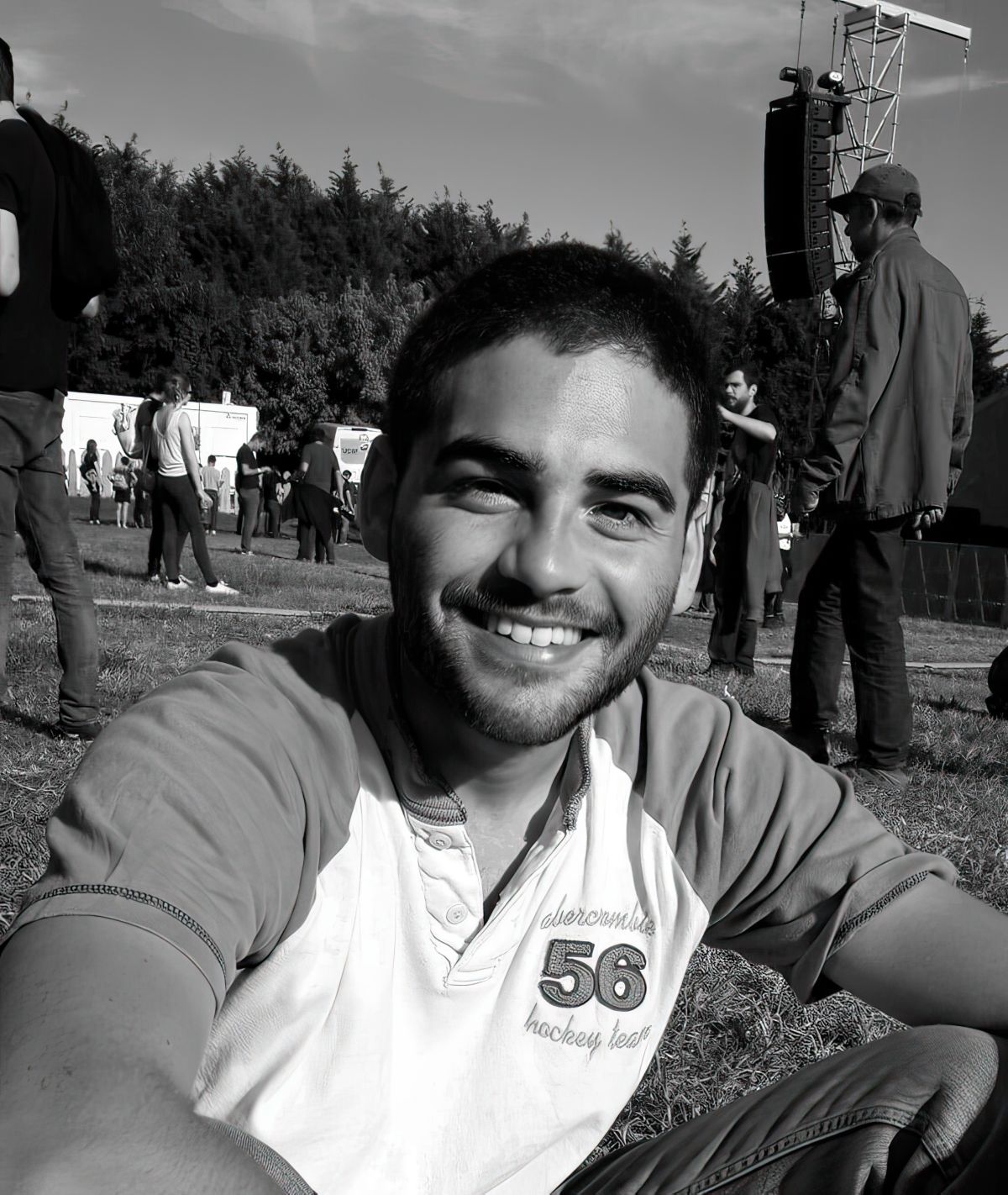Portrait

Nicolas Fayet - STU 2015 - Mobility Project Manager, Department of Seine-Saint-Denis
Posted on | Alumni Portrait
Portrait by Juliette Christophe
Pathway
- January-July 2015: internship at the Sustainable Mobility Agency, Direction de la Voirie et des Déplacements de la ville de Paris - elaboration of the 2015-2020 bicycle plan (at the end of the elaboration of the plan and the beginning of its implementation)
- June 2015: graduated from STU
- 2015-2016: Master 2 Transport and Mobility at the Ecole d'Urbanisme de Paris and the Ecole des Ponts et Chaussées
- January-June 2016: one-year fixed-term contract (for additional activity) at the Agency for Sustainable Mobility of the City of Paris, in charge of participatory budget projects - bicycle
- Preparation for the territorial attaché competition - the written exam was in November 2016, the oral exam in late April 2017
- June 2017 : Admission to the territorial attaché competition
- September 2017: Sustainable mobility project manager, Office of sustainable development, Directorate of Roads and Transportation, Department of Seine-Saint-Denis
Was the competition hard?
I didn't think I would take the competition as early as 2017. To be honest, it was more friends who were also taking it that pushed me to register. There is no registration limit for the territorial attaché competition, so it can be worthwhile to register and take it without necessarily preparing 100% in order to train.
It is somewhat in this state of mind that I approached the written exams. I didn't really prepare for it. I simply relied on STU's Administrative Law course, which I can, in hindsight, recommend to those who would like to take it as well. There are two written tests: an essay and a summary. For the essay, there is a great deal of luck involved with the subject that falls. I was very lucky because mine was: "Do the communes still have a use?", a question on which we are led to reflect in STU. The summary note was a more complicated exercise for me because I had never done one. You have to read, analyze, select and synthesize information from about 15 sources into a short, structured note. However, this requires less knowledge beforehand, even if it facilitates the analysis.
It is especially the oral exam that I found difficult. It consists of a 20 minute interview with a jury of 3 people. During the interview, the jury asks a maximum number of questions that you have to answer quickly before moving on to the next one (I almost feel like comparing it to a game show): general knowledge, scenarios, current events. For me, the oral requires much more preparation than the written exam, for which our training at Sciences Po has already prepared us better.
What is the added value of having passed the competition?
Holding a competitive examination, and thus becoming a local civil servant, allows me to better envisage a professional future in a local authority. My experience of one year at the Paris City Hall (with a fixed-term contract without possibility of renewal) made me realize that the competitive examination was a must if I wanted to continue working in a local authority. Fixed-term positions are still available, but they can be difficult to find.
What do you do on a daily basis (what stimulates you or on the contrary bores you)?
Most of my work consists of managing projects for the redevelopment of roads and public spaces in favor of active modes of transportation (and especially bicycles). Steering these projects implies carrying out studies (for some projects I do it myself and for others, we go through a design office), mobilizing the competent actors for their implementation (the departments holding the technical competences for example), having the direction arbitrated during the follow-up committees or even consulting with the politicians and the users' associations.
It is difficult to describe a day's work, but in concrete terms, this can be translated into email exchanges, working meetings, writing a note, keeping a scorecard, informal exchange points, phone calls, or consultation meetings.
What I like about my work, for example, are the little informal exchanges that help the team work. For example, when I discuss the direction of a project or action with my superior. One of the more relaxed aspects of my work is also the field visits by bicycle (perhaps to inspect a newly delivered development, or as part of a study). I also like to defend a project to politicians, for example. These are often (but not always!) more stimulating than sitting in the office.
And of course, in a more general way, the mission I am working on, to promote cycling (through developments, but also by working with associations), makes sense to me and is a source of motivation in itself.
What I don't like are the weeks when one or more superiors are absent, when there are fewer meetings or trips outside, and therefore less interaction. I don't like working days spent mainly in front of a computer screen, I find that one can quickly lack stimulation.
How do you see the future of your professional activity?
Once you have passed the competitive examination to become an attaché, you will be registered on a list of suitable candidates for a maximum of 4 years. During these 4 years, you must succeed in finding a training course for tenure. In fact, it is a classic position in a community in the form of a one-year internship.
I don't think I want to join the territorial civil service immediately. I'd like to see how things work in the private sector for a few years first (in a consulting firm, for example), and then maybe look for a tenure track internship.
Any advice for current students?
Nothing very specific. Since I talked a little bit about the attaché exam, I would advise current students who are interested in working in local government but aren't even sure about it to sign up and take it to try.
Guillaume Ragon - STU 2014 - Consultant at Wavestone
Posted on January 27, 2018
After having attended the SciencesPo College U, you are finishing the STU master's degree with an internship at the Evry Centre Essonne agglomeration. What doe…
Gisèle Moret-Deysson - STU 2009 - Professor of history and geography in preparatory classes
Posted on December 03, 2017
Meeting with Gisèle Moret-Deysson, associate professor of history and geography in preparatory classes, graduate of the Master STU in 2009. What did you do wi…
 English
English  Français
Français 




